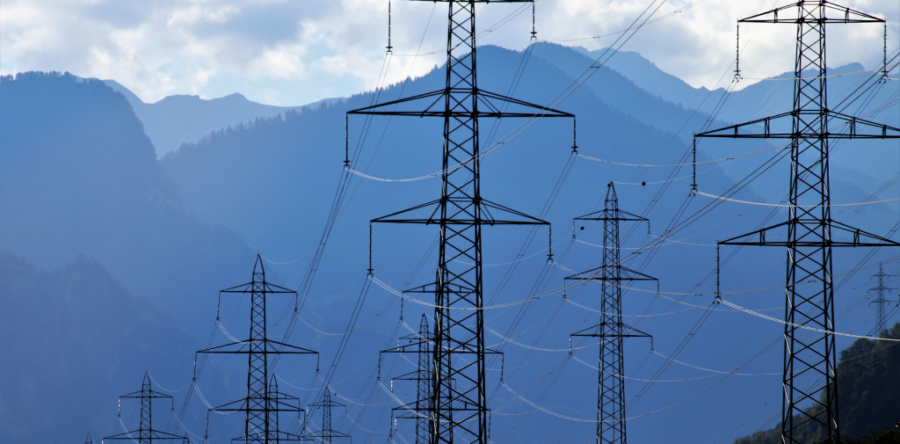Energy Sector Report
The Energy Economy Sector
The energy economic sector is a key area of the global economy that encompasses the production, distribution and consumption of energy. It includes a wide variety of energy sources, such as fossil fuels (oil, natural gas and coal), nuclear energy, hydropower, solar energy, wind energy and biofuels.
This sector is crucial for the economic and social development of countries, as it provides the energy needed to power industry, transport, lighting and heating of homes and buildings.
In addition, the energy sector is responsible for a significant share of greenhouse gas emissions that contribute to climate change, which has led to an increase in the adoption of renewable energy sources and clean technologies.
Energy production is a capital-intensive industry, which means that it requires large investments in infrastructure, technology and human resources to operate and maintain equipment and the grid. In addition, energy prices can fluctuate significantly due to factors such as supply and demand, changes in government policies and weather conditions.
In summary, the energy economic sector is a key element of the global economy that has a significant impact on the quality of life and the environment. Its importance has led to increased attention by governments and industry to develop innovative and sustainable solutions to meet current and future energy needs.
Return on investment in the energy sector
The return on investment in the energy sector can vary significantly depending on the type of investment and the specific energy market. Here are some factors that can affect the profitability of investment in this sector:
- Energy prices: The price of energy is a key factor affecting the profitability of investments in this sector. Fluctuating prices of fossil fuels, such as oil, gas and coal, can influence the profitability of investments in energy production and distribution.
- Technology and efficiency: Energy efficiency and the technology used in energy production, distribution and consumption can have a significant impact on the profitability of investments. New technologies, such as renewable energy, can be more cost-effective in the long term than older technologies.
- Government policies and regulations: Government policies and regulations around energy can influence the profitability of investments. Policies that promote renewable energy and energy efficiency can benefit renewable energy investments, while policies that favour fossil fuels can reduce their profitability.
- Market risk: Investments in the energy sector may be subject to market risks, such as price volatility, supply and demand fluctuations and geopolitical risks. These risks may reduce the profitability of investments in this sector.
In general, the return on investment in the energy sector can vary significantly depending on the factors mentioned above. Therefore, it is important to conduct careful research and consider the risks and rewards before investing in this sector.
Growth of energy companies in recent years:
The global energy market has experienced significant growth in recent years, driven by a number of factors, including increasing demand for energy, the need to diversify energy sources and growing interest in renewable energy. According to a report by the International Energy Agency (IEA), the compound annual growth rate (CAGR) of the global energy market was 3.3% between 2010 and 2020.
However, the growth rate has been uneven across different regions and sectors of the energy market. Some factors that have influenced the growth rate of the global energy market are:
- Renewable energy: Growth in the renewable energy market has been particularly rapid in recent years, driven by declining technology costs, government incentives and growing concern about climate change. According to the IEA, installed renewable energy capacity has tripled since 2010, and the compound annual growth rate has been 13.3% over the past 10 years.
- Energy consumption: Energy consumption has increased worldwide due to economic growth and urbanisation. According to the IEA, energy consumption increased at a compound annual growth rate of 1.7% between 2010 and 2020.
- Oil prices: Oil prices have been volatile in recent years, affecting investment and profitability in the energy sector. Rising oil prices in the 2010s were a major factor in the growth of the energy market, but falling prices in 2014-2015 and the COVID-19 pandemic in 2020 have had a significant impact on the sector.
- Technology: Technology has been an important factor in the evolution of the energy market. Innovation in renewable energy technology, energy storage and energy efficiency has driven the growth of the energy market in recent years.
In summary, the global energy market has experienced significant growth over the last decade, with a compound annual growth rate of 3.3%. Growth has been driven by energy demand, diversification of energy sources, increased energy consumption and technological innovation. However, the growth rate has been uneven across different regions and sectors of the energy market.





